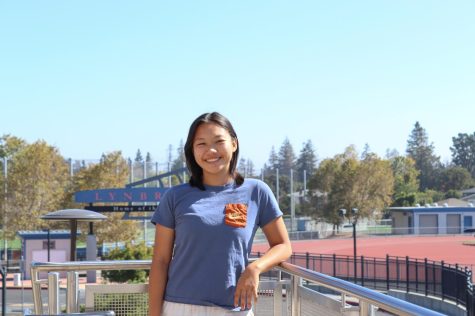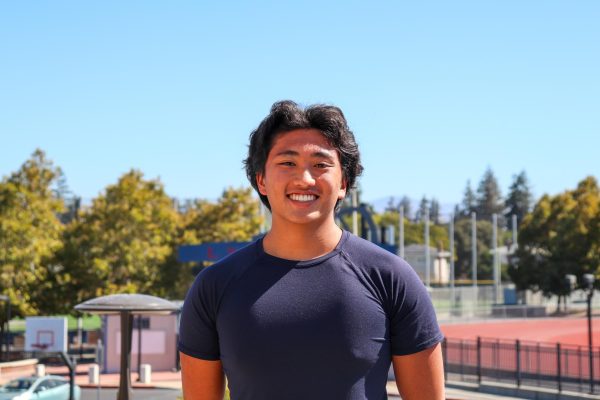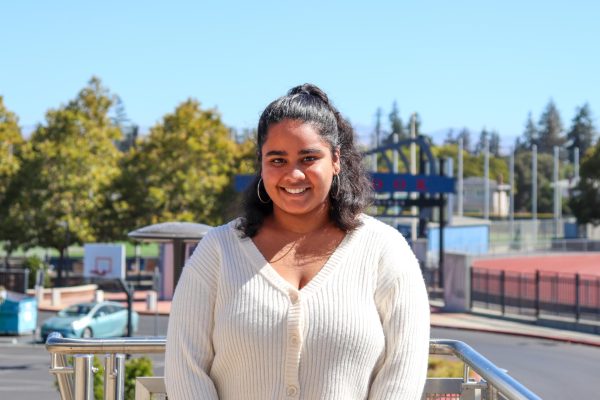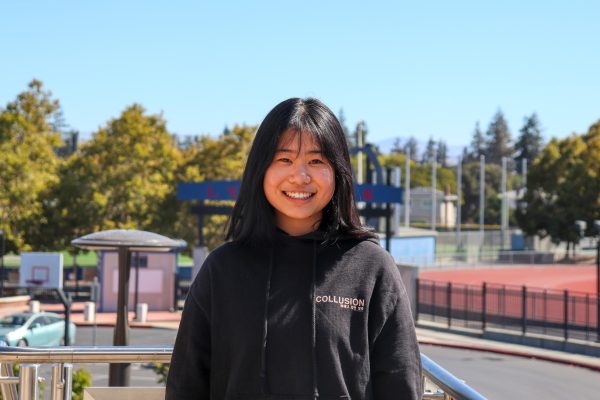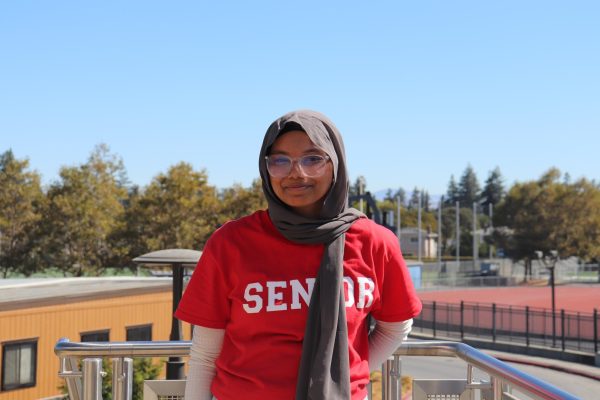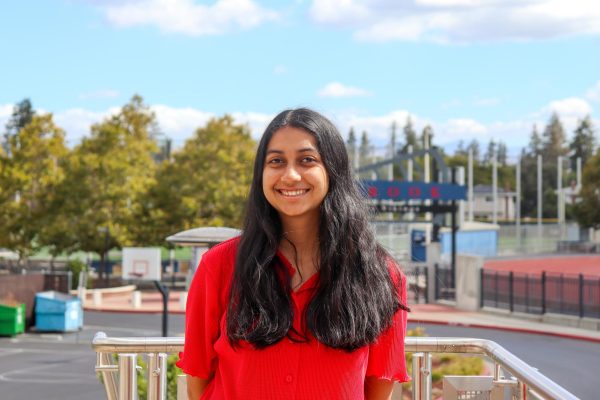Lynbrook wins 32nd National Science Bowl competition
August 27, 2022
After four grueling days and over 275 abstruse questions, Lynbrook’s Science Bowl team emerged victorious over 64 high school regional champions in the 32nd annual National Science Bowl, hosted by the Department of Energy on July 11 in Washington, DC. Coached by Chemistry Teacher Lester Leung, the team applied each member’s different individual strengths to win $3,000 for the Lynbrook Science Department. During the finals, the team initially lost seven hardfought matches during the round-robin portion of the tournament, but was able to pull through double-elimination rounds to face off with Mission San Jose’s team.
“The main contribution to Lynbrook’s victory is the dedicated students on the team and Mr. Leung, their teacher, who worked really hard with them,” Principal Maria Jackson said. “We’re very fortunate to have earned this honor nationwide.”
Lynbrook has a long history competing in the NSB. In 2016, the team came close to the National title, securing second place behind Montgomery Blair High School from Silver Spring, Maryland. At that time, the Lynbrook team was composed of seniors Richard Liu and Jeffrey Chang, juniors Pranav Lalgudi and Sean Meng, and sophomore Abhinav Naikawadi.
The 2022 team cited their camaraderie throughout this year’s season as their greatest advantage that led to their victory. Each student specialized in at least one of the seven categories in the competition: biology, chemistry, earth and space science, physical science, life science, energy and mathematics. Though various members possessed adequate chemistry knowledge, it remained a topic the Lynbrook team struggled with the most.
Class of 2022 alumnus and team captain William Huang, who is regarded as an all-rounder by his teammates, was best at earth science and physics, though he answered chemistry questions as well. Huang was also responsible for bonus questions and maintaining team energy. Class of 2022 graduate Anirudh Bharadwaj, the other earth science expert, had been looking forward to a first-place victory in the NSB since first joining his middle school Science Bowl team in seventh grade.
“William and Anirudh’s legacy will give us momentum next year when we’re defending champions,” Senior Antone Jung said.
Senior Eric Shen, who couldn’t attend the concluding rounds due to his involvement in the 2022 International Mathematical Olympiad, is credited for his math prowess. His contributions were vital to the team’s advancement. In addition to solving the physics and math questions, junior David Lee took charge of calming his teammates’ nerves, once even distributing a box of chocolates before a match.
Seniors Antone Jung and Sharon Zhu, both proficient in biology, were able to help each other strategize and plan. Zhu, originally in the reserve B team, filled in for Shen in Washington D.C. She also stated that keeping team morale up was one of her primary objectives.
“It was a really valuable experience because we were able to have fun and foster connections with other people, all while doing science,” Bharadwaj said.
Since its inception in 1991 by the DOE, the NSB has encouraged students to excel and pursue careers in mathematics and science. More than 330,000 students have participated in the NSB’s 32-year history. In a typical year, there are approximately 60 regional competitions across the country, and the winner of each event progresses to the national competition. This year, the regional competitions were virtual due to the pandemic, but the NSB resumed its long-standing tradition of inviting the top eight teams to Washington D.C. for the finals.
“Competing at Nationals is really insane because everybody there is so smart and they’re all super great people as well,” Zhu said. “It’s nice hanging out with people that are all so nerdy.”
Most of the $3000 prize money will go to the Science Club to use as they see fit. The Lynbrook Science Department will also receive a grant from the DOE, which will be used to refresh technology and resources, especially timely considering that the construction of the new science building will be complete next year. For instance, Lynbrook’s high-performance liquid chromatography system and UV-Vis spectrograph both need replacing. After these improvements, students can look forward to advancements in learning quality and enriched support for any potential research ventures.
“I’m glad that the team won,” Leung said. “It’s a great starting point to jump off of and encourage people to take part in competitions and extracurriculars, but we still have to focus on people’s mental health and where people are at, especially coming out of really dark places the last two years.”





























































